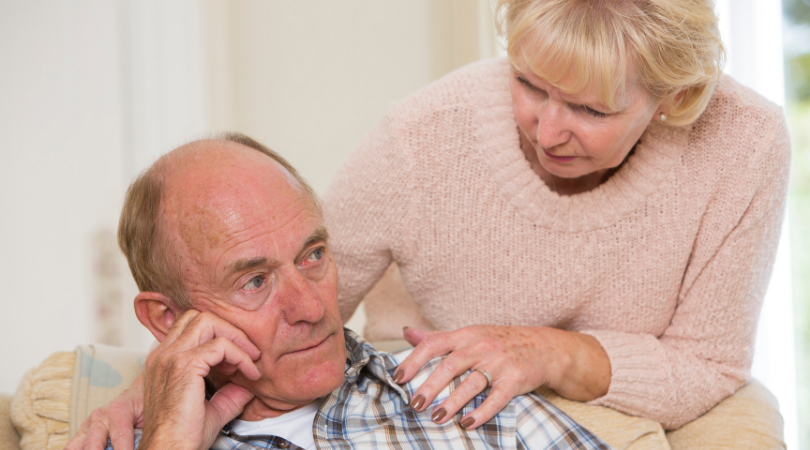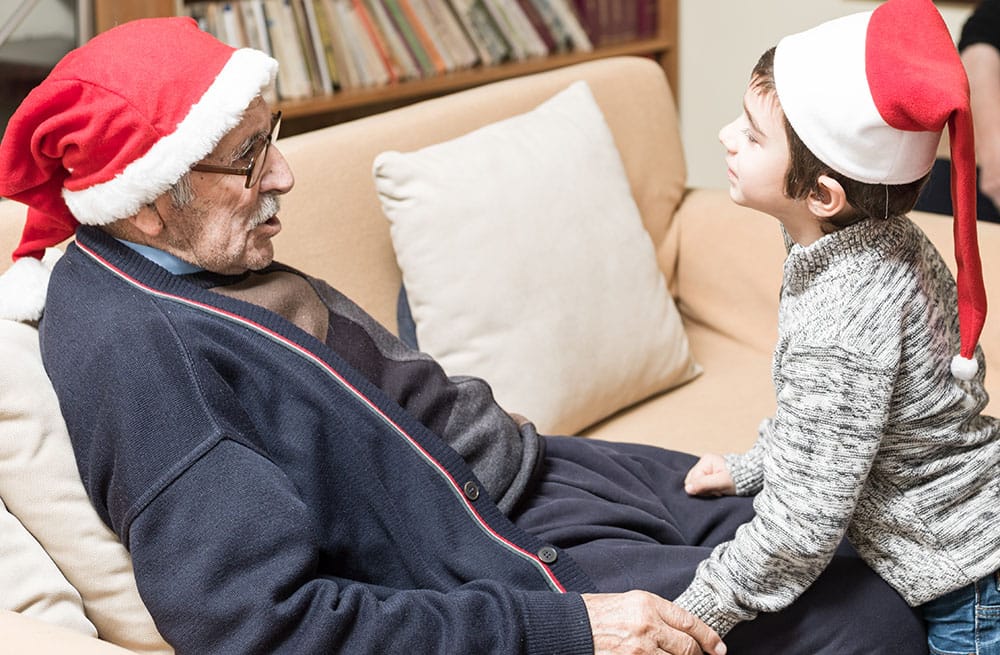Understanding How Men Grieve

Men are supposed to be strong. That’s what society has told us for generations. Even as society’s expectations have gradually changed, many men still try to remain stoic even when they experience a deep, personal loss. Understanding how men grieve can help men understand their own emotions and help those who love them to provide the support they need in a difficult time.
Symptoms of Grief in Men
Grief is a unique experience. It is unique to each individual. Every loss that individual encounters is experienced differently. When we think of grieving, most of us consider sadness and crying to be typical. But there are many symptoms of grief. For men used to hiding tears, other symptoms can be more common. These include:
- Withdrawal – Many men will withdraw from family and friends, both physically and emotionally, when they are grieving.
- Irritability – Men who have experienced a loss may be more easily irritated by small annoyances.
- Anger – Men who are in mourning can experience anger at those they perceive as responsible for their loved one’s death, at themselves, or even at nothing in particular. They can overreact and explode over small issues that usually wouldn’t bother them.
- Persistent Thoughts of Death – This includes thinking about the loss of their loved one, the final moments of their death or death in general.
- Substance Abuse – Men who are mourning may attempt to mask their pain with alcohol or drugs.
“I see many different expressions of grief regardless of gender,” Crossroads Hospice & Palliative Care Bereavement Coordinator David Stephenson shares. “I talk to men in tears and women who withdraw into busyness. Each person is unique.”
There is no right way to grieve. Men may experience some or none of the symptoms of grief above. Men may experience a period of intense grief or more mild symptoms of grief. The type of grief experienced can vary widely, regardless of their relationship with their loved one.
See a full list of symptoms of grief here.

Helping Men Cope with Loss
Men are more likely to grieve in isolation. If a male loved one is mourning a loss, you can help by letting them know you are there to listen and support them when they are ready to talk. Let it happen on their terms.
Another way to help is to work on a project with them that is unrelated to their loss or join your male loved one on a long car trip or a day of fishing. He may end up talking about his loss. He may not. But at least he will have your steady companionship and support.
Men often will pursue activities to distract them from thinking about their grief. This is helpful for some men, but for others, avoiding thinking about the loss can lead to a longer and more complicated grief process.
One way to help is suggest a project your loved one can work on that honors the individual who has passed away. This could be planting a tree, participating in a disease awareness walk, or even building a bird house dedicated to their loved one’s memory. Doing something hands-on with a productive goal can be incredibly healing for men who find fixing things rewarding.
“I have seen a lot of change in the way men and women grieve,” adds David. “Years ago, people would go to the cemetery to grieve. Now, it’s more fluid. Families will set up remembrances with photos or other mementos in their home or their car. It is more meaningful to them, and they process their grief everyday instead of compartmentalizing it.
“We all have a choice. We can focus on the death or all that the person brought to the world while they were alive.”
Crossroads offers complimentary grief recovery groups in all the communities we serve. To learn more, please call 1-888-564-3405.
If you found this information helpful, please share it with your network and community.
Copyright © 2019 Crossroads Hospice & Palliative Care. All rights reserved.



